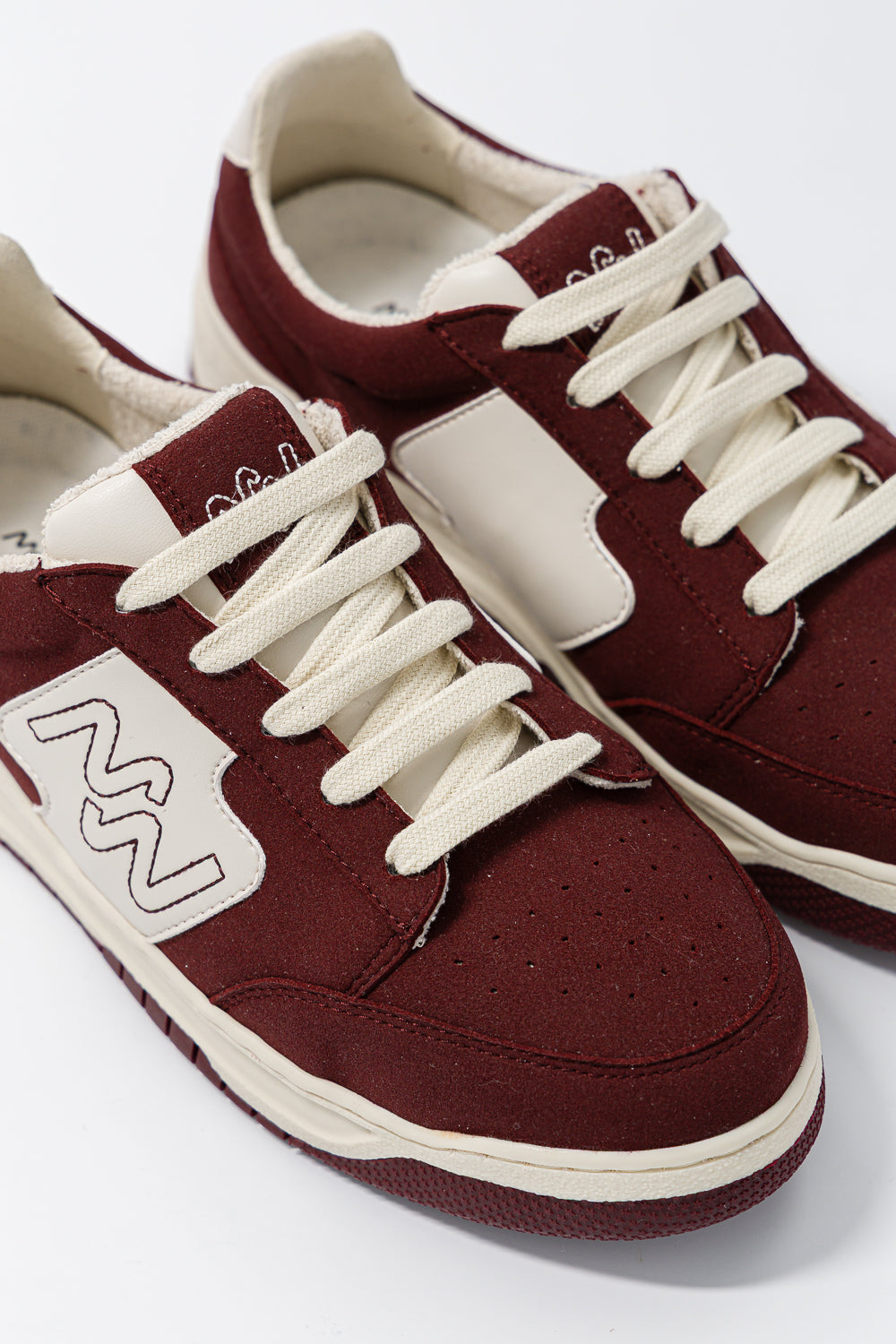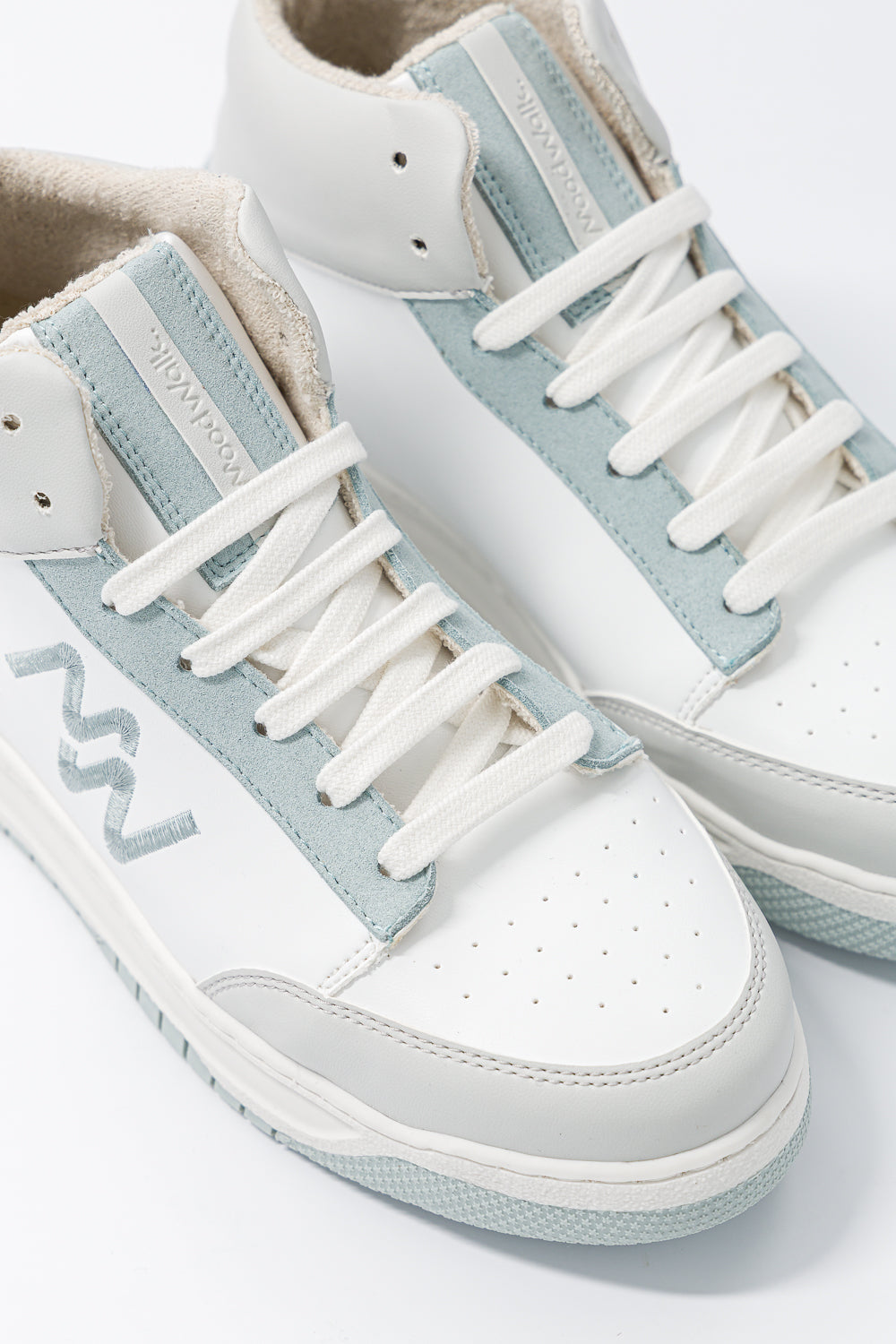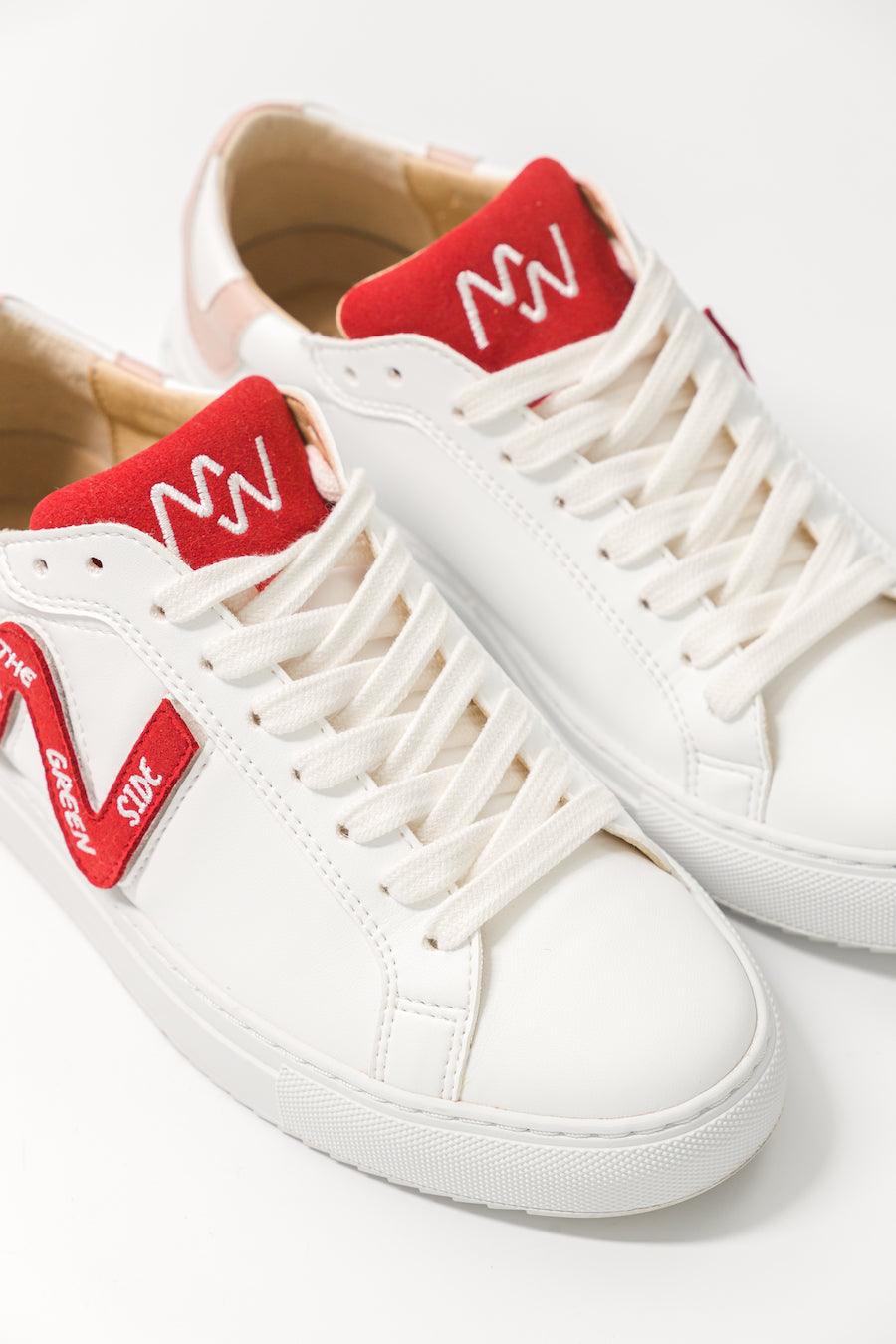Responsible fashion labels: your allies for consuming better
In a world increasingly aware of the environmental emergency, responsible fashion labels have become valuable benchmarks for guiding consumers toward informed choices. They allow us to verify whether the clothing, accessories, or shoes we purchase comply with environmental, social, and ethical standards. But given the diversity of existing labels, it can sometimes be difficult to navigate. Which ones truly guarantee a positive impact? What criteria should be considered?
In this article, we explore the main labels to know in order to consume better and understand their role in the fashion industry.

Environmental labels: for greener raw materials
GOTS (Global Organic Textile Standard)
Recognized as one of the most stringent certifications for organic textiles, GOTS guarantees that materials used, such as cotton or linen, are grown without GMOs or pesticides, while respecting strict environmental standards during the manufacturing process. This label is ideal for consumers concerned about reducing their ecological footprint while investing in quality pieces.
GOTS isn't just about textiles; it also takes into account social aspects, such as respect for workers' rights. It's an excellent choice if you're looking for truly ethical and sustainable clothing or accessories.
OEKO-TEX® Standard 100
This label is for textile products that are free from substances that are harmful to both the environment and human health. It is particularly relevant for items that come into direct contact with the skin, such as sneaker linings or laces. The Mood Walk vegan sneakers , for example, favor certified materials to offer products that respect your well-being. The lining of the Wild Walker and Master Mind models is made from corn; it is highly breathable, ultra-absorbent, and certified by Oeko-Tex.
Social labels: for ethical working conditions
Fairtrade
A symbol of fair trade, Fairtrade guarantees that producers and workers receive decent wages and decent working conditions. By choosing Fairtrade-certified clothing or footwear, you're helping to support local communities while investing in pieces that respect human rights.
SA8000
This certification focuses on social standards in manufacturing facilities. It guarantees the absence of forced or exploitative child labor, reasonable working hours, and workplace safety. SA8000-certified companies also commit to fair business practices.
Eco-social labels: for a global approach to sustainability
B Corp
The B Corp label goes beyond simple environmental or social certifications. It assesses a company's overall impact on society, the environment, and the economy. B Corp-certified brands, like some responsible fashion companies, strive to reduce their environmental footprint while having a positive social impact across all their activities.
Bluesign®
Bluesign® is a certification that guarantees environmentally friendly industrial processes by limiting pollutant emissions and optimizing the use of resources. Bluesign®-certified products also ensure that workers and consumers are not exposed to harmful chemicals.
Why pay attention to labels?
Choosing certified clothing or shoes means taking action for a fairer and more sustainable world. Labels guarantee transparency in brand practices and allow you to support companies that share your values.
Labels also play an educational role: they raise consumers' awareness of the impact of their clothing choices. For example, at Mood Walk, we use Oeko-Tex and PETA-certified materials to make our vegan sneakers to reduce our ecological footprint while still offering aesthetically pleasing and sustainable products.

How to spot real labels?
To avoid falling into the greenwashing trap, here are some tips for identifying reliable labels:
-
Favor independent labels: They are often issued by recognized third-party organizations.
-
Ask around: A credible label usually has a website detailing its criteria and objectives.
-
Trust transparent brands: Committed companies don't hesitate to communicate about their certifications and concrete actions.
Adopt responsible fashion, one step at a time
By incorporating responsible fashion labels into your daily choices, you help create a positive impact on the environment and society. Each certified garment or accessory is a step towards more thoughtful consumption, without compromising style.









